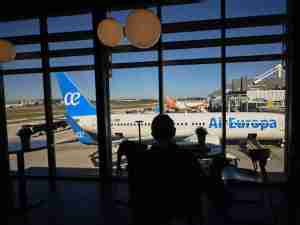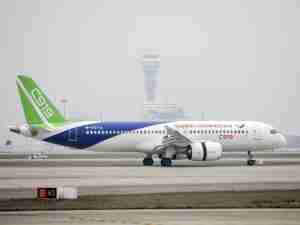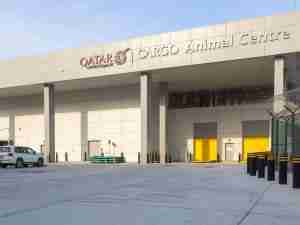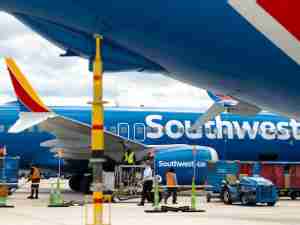Delta Air Lines Inc. has a “good shot” at turning a profit in the third quarter as Covid-19 vaccinations start containing the disease and pent-up travel demand turns into bookings, Chief Executive Officer Ed Bastian said. The shares rose.
The carrier stood firm on its target of breaking even on a cash-flow basis in the second quarter despite little sign of improvement in the next few months. In the first quarter, daily cash burn will amount to $10 million to $15 million after totaling $12 million in the last three months of 2020, Delta said Thursday as it reported earnings.
The outlook from the first major U.S. airline to report results fueled industry hopes that a recovery will begin later this year after a punishing winter. Except for short-lived gains during the holidays, U.S. passenger totals in the fourth quarter languished at about a third of 2019 levels as the pandemic and government travel restrictions spurred an unprecedented drop in demand for flights.
“We expect 90 days from now, hopefully, the virus is going to be in a much more contained state,” Bastian said in an interview. That will help “start to get consumer confidence going, not just in air travel but in public life, and businesses will start to reopen.”
Delta advanced 3.5% to $41.85 at 9:47 a.m. in New York after climbing as much as 4.5%, the most intraday since Dec. 3. Other airline stocks rose as well. Delta’s shares dropped 32% in the 12 months through Wednesday, while the S&P 500 Airlines Index declined 30%.
Further growth in travel bookings are necessary for Delta to hit its break-even goal, and it’s too early to tell when vaccinations become readily available and what that means for summer travel, Cowen analyst Helane Becker said in a note.
“Our stance remains that cash break-even by the spring is aggressive, given what we know now,” she said. “2021 will be a tale of two halves, with 2022 likely when a new normal is formed.”
Travel during upcoming school spring-break holidays likely “is not going to be very strong,” Bastian said, although insight is limited because consumers have been booking trips shortly before they occur. The first quarter historically is the weakest for U.S. travel.
‘Positive Development’
The prospect that any U.S. airline would break even in the second quarter would be “a very positive development,” Morgan Stanley analyst Ravi Shanker said in a recent report. American Airlines Group Inc. has projected hitting the milestone “hopefully some time in 2021.” United Airlines Holdings Inc. and Southwest Airlines Co. haven’t set targets.
Bastian and other Delta executives will discuss the company’s results and outlook in a conference call at 10 a.m.
U.S. airlines have been relying on demand, however meager, for leisure travel after business passengers all but stopped flying last year. About 80% of Delta’s corporate accounts have resumed 10% to 15% of 2019 travel levels, Bastian said. Additional gains should be in the offing as coronavirus vaccines take hold.
Still, business travel is unlikely to add significantly to sales at U.S. airlines this year, as vaccinations timelines lengthen, Becker said last week. Delta has the most at stake among big U.S. carriers from corporate travel, which usually accounts for about half the company’s passenger revenue.
The Atlanta-based airline reported an adjusted loss of $2.53 a share in the fourth quarter, topping the average $2.49 loss estimated by analysts surveyed by Bloomberg. Adjusted revenue plunged 69% to $3.53 billion.
A requirement from the Centers for Disease Control and Prevention that visitors flying into the U.S. must first test negative for Covid-19 “is the first phase of starting to reopen international borders,” Bastian said.
The measure initially will hurt travel from Mexico and the Caribbean, where U.S. residents have been taking vacations during the pandemic but which don’t have sufficient testing resources, he said. Delta, other carriers and the CDC are discussing how to address the issue.











